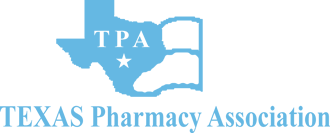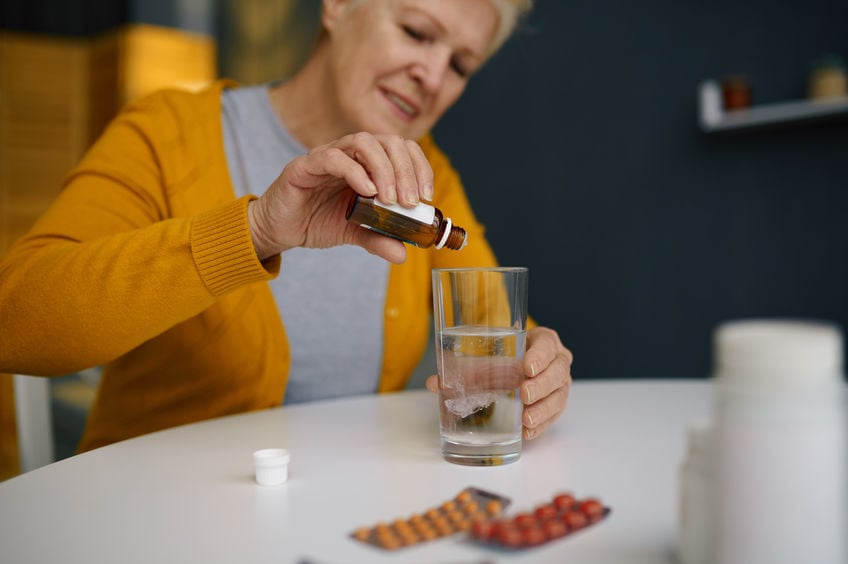Talk To Your Doctor Or Pharmacist
Supplements are a great way to obtain vitamins or minerals that may be missing from the diet. In some cases, supplements provide boosts to enhance everyday function. People often underestimate the efficacy of supplements because of over-the-counter (OTC) availability. Often combining a medication and a supplement is harmless. Supplements can interact with a prescription drug or a combination of drugs and cause severe consequences. Never start a new supplement or medication without consulting a physician or pharmacist. There are several companies that provide extensive drug-to-supplement interaction database tools that may be useful.

Tweaking potency
Enzymes in the body break down the active ingredients in drugs and supplements to enter the bloodstream. Sometimes, the enzymes in the digestive system can break down medicines before entering the bloodstream, causing unwanted side effects. In other cases, one drug or supplement may inhibit the enzymes in another, reducing the effectiveness. This reaction can potentially cause dangerous side effects or affect the dosage, leading to further complications.
Do not mix
There are a few well-known examples of harmful supplements and medication interactions. For instance, medications for treating human immunodeficiency virus (HIV), heart disease, and depression tend to be less effective when taken with some herbal supplements like St John’s wort. The results can be severe depending on the specific drug and its dosage. Consumers using prescription blood thinners or taking aspirin daily should be particularly aware of any supplements that may also thin the blood like turmeric, ginger or ginko biloba. When used together, the risk of internal bleeding or stroke can increase. Let a pharmacist or doctor know of all current supplements before starting a prescription.
Drug-nutrient interactions
While supplements contain vitamins and minerals, these can be found naturally in food. Some medicine and supplements interact with certain nutrients and can change the potency of the drugs. The nutrients in food can can also affect how much medicine is absorbed. For example, foods high in tyramine like aged cheese can cause high blood pressure in people who take monoamine oxidase inhibitors (MAOIs) for depression.
You can do both
Primary healthcare physicians and pharmacists at local pharmacies are knowledgeable in drug interactions. These experts can answer questions and address any concerns about medications. Pharmacists can also suggest alternatives if side effects are experienced with a particular combination. Reviewing prescriptions and using techniques like compounding allow the patient to maintain and improve overall health.
RECENT
ARTICLES



Our Patients Say
We pride ourselves on providing exceptional customer service to our community. Here are a few things that the community is saying about us.
Convenient and quality service. Ive never had my prescriptions filled quicker and the pharmacist took the time to tell me about what I was taking.
Excellent experience! Friendly, knowledgeable staff!
I have been a customer since they opened. Julie and Hiten have both treated me with the utmost respect and have always been ready to take care if my needs with a smile




